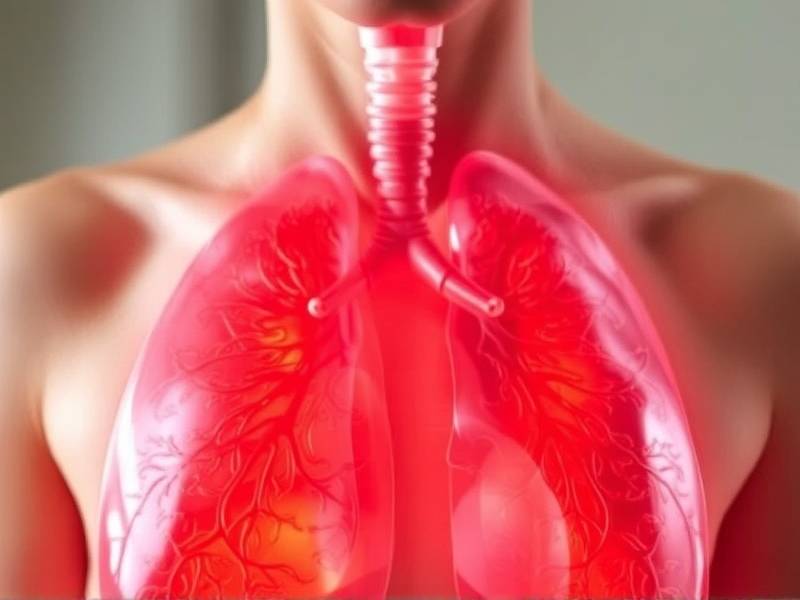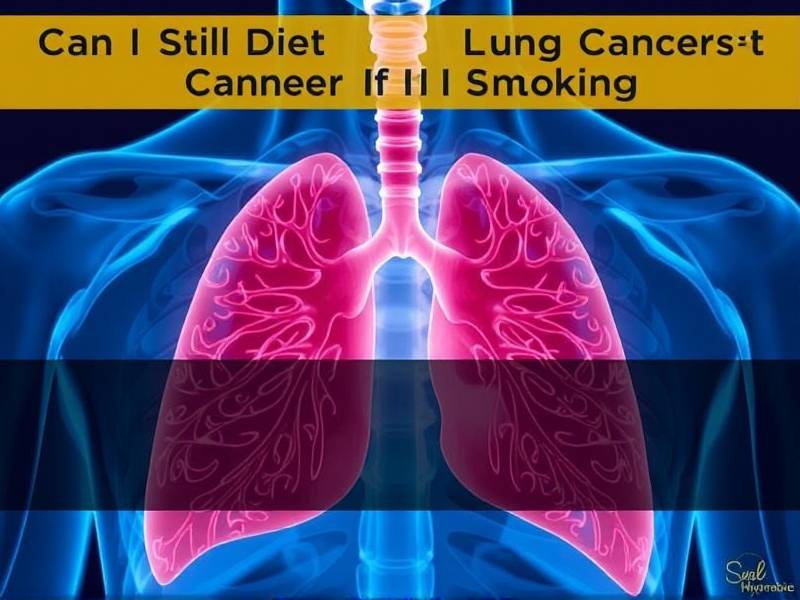Can I Still Get Lung Cancer If I Quit Smoking?
"Understanding Your Risk: Can I Still Get Lung Cancer If I Quit Smoking?"
Introduction: The decision to quit smoking is a significant step towards improving one's health. However, many smokers are still concerned about their risk of developing lung cancer, even after quitting. This article aims to address this concern by exploring the factors that influence lung cancer risk in ex-smokers and offering insights into the benefits of quitting.

Section 1: The Impact of Smoking on Lung Health Smoking is a leading cause of lung cancer, with each cigarette you smoke increasing your risk. When you inhale tobacco smoke, harmful chemicals enter your lungs and damage the delicate tissue. Over time, this damage can lead to the development of cancer cells.

Section 2: The Risk of Lung Cancer After Quitting Smoking It's important to note that quitting smoking significantly reduces your risk of developing lung cancer. According to the American Cancer Society, within 5-10 years after quitting, your risk of lung cancer decreases by half compared to continuing smokers.
However, it's crucial to understand that even after quitting, there is still a risk of developing lung cancer. This is because the damage caused by smoking takes time to heal. The longer you smoked and the more cigarettes you smoked daily, the higher your risk remains.
Section 3: Factors Influencing Lung Cancer Risk in Ex-Smokers Several factors can influence your lung cancer risk even after quitting smoking:
- Genetic predisposition: Some individuals may have a genetic susceptibility to lung cancer.
- Exposure to secondhand smoke: Continued exposure to secondhand smoke can increase your risk.
- Environmental factors: Exposure to radon gas or certain occupational hazards can also raise your risk.
- Age: The older you are when you quit smoking, the higher your overall risk remains.
Section 4: Benefits of Quitting Smoking Despite the lingering risks, quitting smoking offers numerous health benefits:
- Reduced risk of other cancers and cardiovascular diseases.
- Improved respiratory health and decreased symptoms like coughing and shortness of breath.
- Enhanced sense of taste and smell.
- Increased energy levels and better overall quality of life.
Conclusion: While it's essential for ex-smokers to remain vigilant about their health and be aware that they still have a small risk of developing lung cancer after quitting, it's crucial not to lose sight of the significant benefits that come with giving up smoking. By taking proactive steps such as regular check-ups with a healthcare provider and maintaining a healthy lifestyle, ex-smokers can further reduce their risks and enjoy improved health outcomes in the long run. Remember that it's never too late to quit smoking—your body will thank you!
